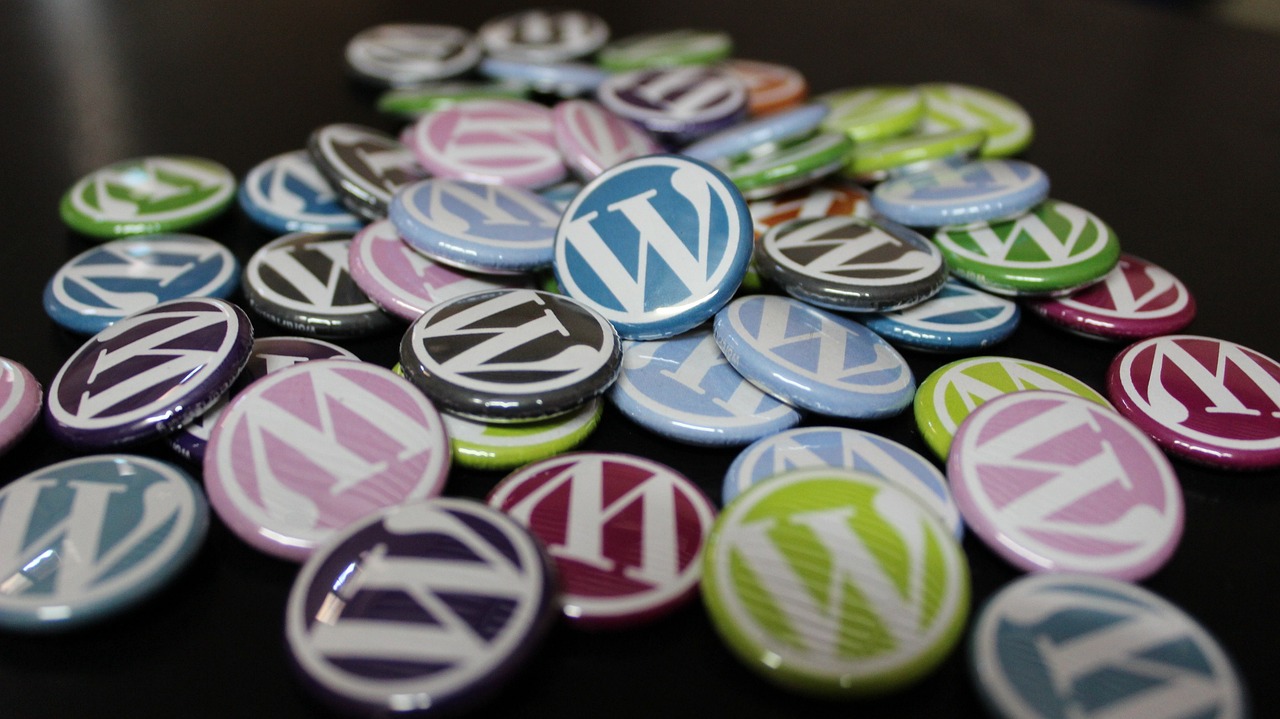

Understanding Platform Websites and HTML Websites

How Platform Websites and HTML Websites Are Connected
Both platform websites and HTML websites produce and display content using HTML files. Platform websites like those created with WordPress, Squarespace, or Wix generate HTML code dynamically. When a visitor accesses a page, the platform generates an HTML file that the visitor’s browser interprets and displays. It doesn’t matter if the HTML file is custom-coded or platform-generated—browsers display both types seamlessly.
Benefits and Disadvantages of Platform Websites
While platform websites can be convenient, they come with both benefits and limitations compared to traditional HTML websites:
- Higher Hosting Fees: Many platform services require hosting on their servers, which often comes at a premium price.
- Design Limitations: Platforms may restrict design flexibility due to template constraints, limiting customizations to specific themes or plugins.
- Complexity in Editing: Although platforms are marketed as beginner-friendly, editing content or modifying website structure can still be challenging for non-technical users.
- Security Vulnerabilities: Platforms may be more vulnerable to hacking, especially using outdated plugins or themes.
- Dependence on Platform Updates: Changes the platform provider makes, such as updates or policy adjustments, can impact your website’s functionality or cost over time.
HTML Websites with MyCrazySimpleCMS
HTML websites offer a streamlined alternative for users seeking more control and simplicity. MyCrazySimpleCMS makes it easy for non-technical users to edit and update HTML websites without understanding coding. By focusing on on-page SEO and user-friendly features, MyCrazySimpleCMS enables users to manage and customize their websites freely while maintaining complete control over the code and design.




